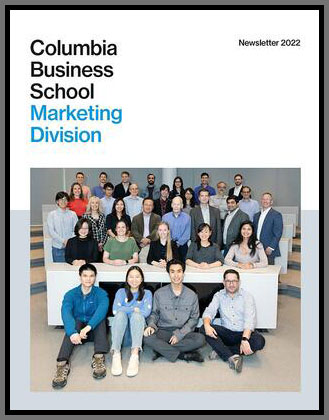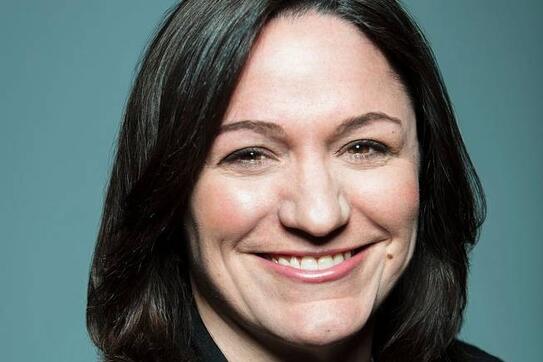Federal Agreement Paves Way for Closer Scrutiny of Burgeoning AI Industry
Mentioned Faculty (1)

Olivier Toubia
Olivier Toubia is the Glaubinger Professor of Business at Columbia Business School. His research focuses on various aspects of innovation, including preference measurement and idea generation. Specifically, he combines methods from social sciences and data science, in order to study human processes such as motivation, choice, and creativity. He currently serves as the Editor-in-Chief at the journal Marketing Science. He teaches a course on Foundations of Innovation and the core marketing course. He received his MS in Operations Research and PhD in Marketing from MIT.













